
a visit to st nicholas market
It is a bustling Friday afternoon in central Bristol, the streets teeming with avid Christmas shoppers, desperate to catch the last dregs of drawn out Black Friday sales. I pass a Boots and a Tesco as I leave the main shopping quarter and head past the SWX nightclub, with its glaring neon letters blinking unabashedly in the tepid winter sunlight. Despite the ever-expanding presence of multinational capitalist co-operations, there are a few pockets of culture and history that prevail in the heart of Bristol’s diverse and urban community.
I duck into a tall archway near the crypt of St John – a glance upward reveals a colourful graffiti mural on the narrow walls and the paving turns to cobblestones as I emerge on Broad Street. Already, the whine of car engines seems muted, soon to be replaced by a hum of voices and music from tinny CD players. Established in 1743, the St Nicholas Market has accommodated merchants and retailers for over 275 years, and was originally used a meeting place for slave-traders to discuss business. Now, the market is thriving with rich culture, from classic Turkish barbers to Caribbean street food. The pleasing Georgian architecture is strung with warm, retro lightbulbs, and I peer into a doorway to find the Exchange Hall. I notice a plaque depicting a black man surrounded by a horse and a swan on his left and an elephant, a lion and a what could be a crocodile above one of the doors to the Exchange Hall. This seems to be a homage to Bristol’s tainted involvement in the slave trade.
I talk to the owner of a zero-waste stall boasting Hammam towels and bamboo toothbrushes, who has been selling at St Nicholas Market for 4 years. Next door, a glass cabinet contains fossilised insects from over 100 million years ago. A few metres along, I am offered a taste of custom made orange infused olive oil (which is delicious, by the way), before being jostled into a Japanese stall selling what seems to be a million different products inspired by cats. There are giant cat pillows, a pusheen cat pencil case, waving golden lucky cats and even a pair of cat knickers.
I am not surprised to learn that, in the 1960s, the Exchange Hall was a popular venue amongst the likes of popular British bands The Rolling Stones, The Yardbirds, Cream, The Pretty Things, The Who, The Zombies and Pink Floyd. After spending a little time browsing the stalls and admiring the high ceilings, a whisper of cheering voices and distorted electric guitar seems to echo around the walls; a trace of a lost relic that makes me wonder what the future of the St Nicholas Market will hold.
I move on to the Glass Arcade, where the aromas of various world cuisines mingle in the air and I hear the sound of frying food. My mouth waters at the scent of Chilli Daddy’s authentic Szechuan street food, The Moorish Café’s steaming Moroccan tagines and couscous and Caribbean Wrap’s tinfoil wrapped jerk chicken. I don’t buy a wrap until later on at the St Nicholas Night Market, where a dozen pop-up food stalls boast Philly-cheese-steak sliders, hog-roast baps, mulled wine, tacos, traditional stews, Vietnamese street food and so much more. However, the Caribbean jerk chicken wrap with mango salsa holds a special place in my heart, and for only £4.95, it’s a guilt-free pleasure.
Nestled amongst the various stalls selling silver jewellery, precious stones, incense and colourful clothing, there is the Hot Sauce Emporium, with its red devil baby emblem. Resembling an apothecary of potions, the various bottles are labelled with tongue-in-cheek names and paint the walls from floor to ceiling in a gradient of fiery red to buttery amber.
Talking to the owners of the stalls at the St Nicholas market and seeing the passion and love they hold for the products, as well as their enthusiasm to please every customer that comes their way, makes me consider the significance independent retailers hold in today’s society. The importance of circulating money earned and spent within Bristol around our local community, rather than chucking money at multi-national co-corporations, is more prominent now than ever before. Without patronisation of local businesses, not only would Bristol’s economy be at a disadvantage, but the rich and diverse cultural presence would simply not be the same. I highly recommend a trip to the St Nicholas Market for anyone looking for unique gifts, zero-waste produce or delicious food.

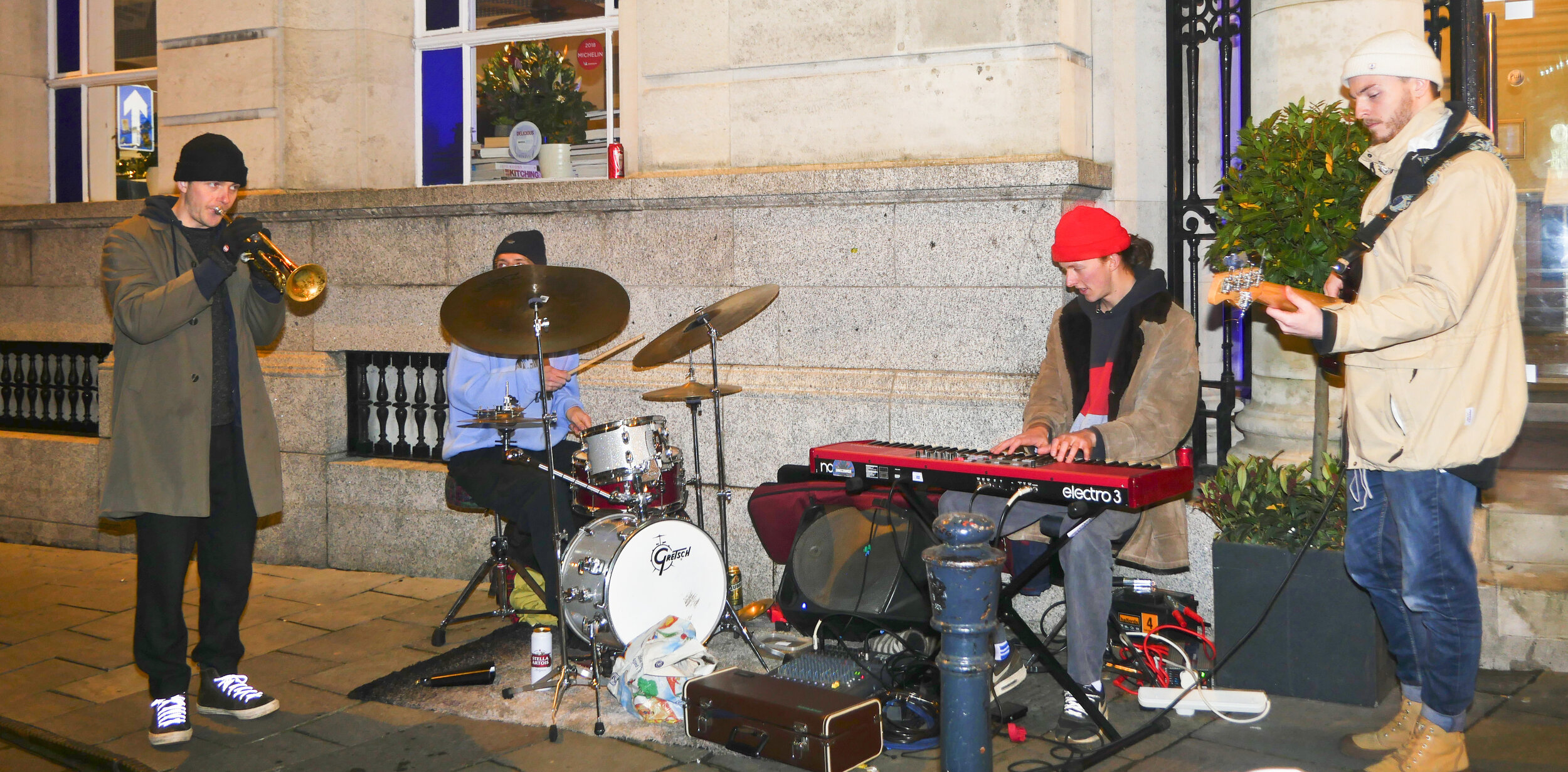
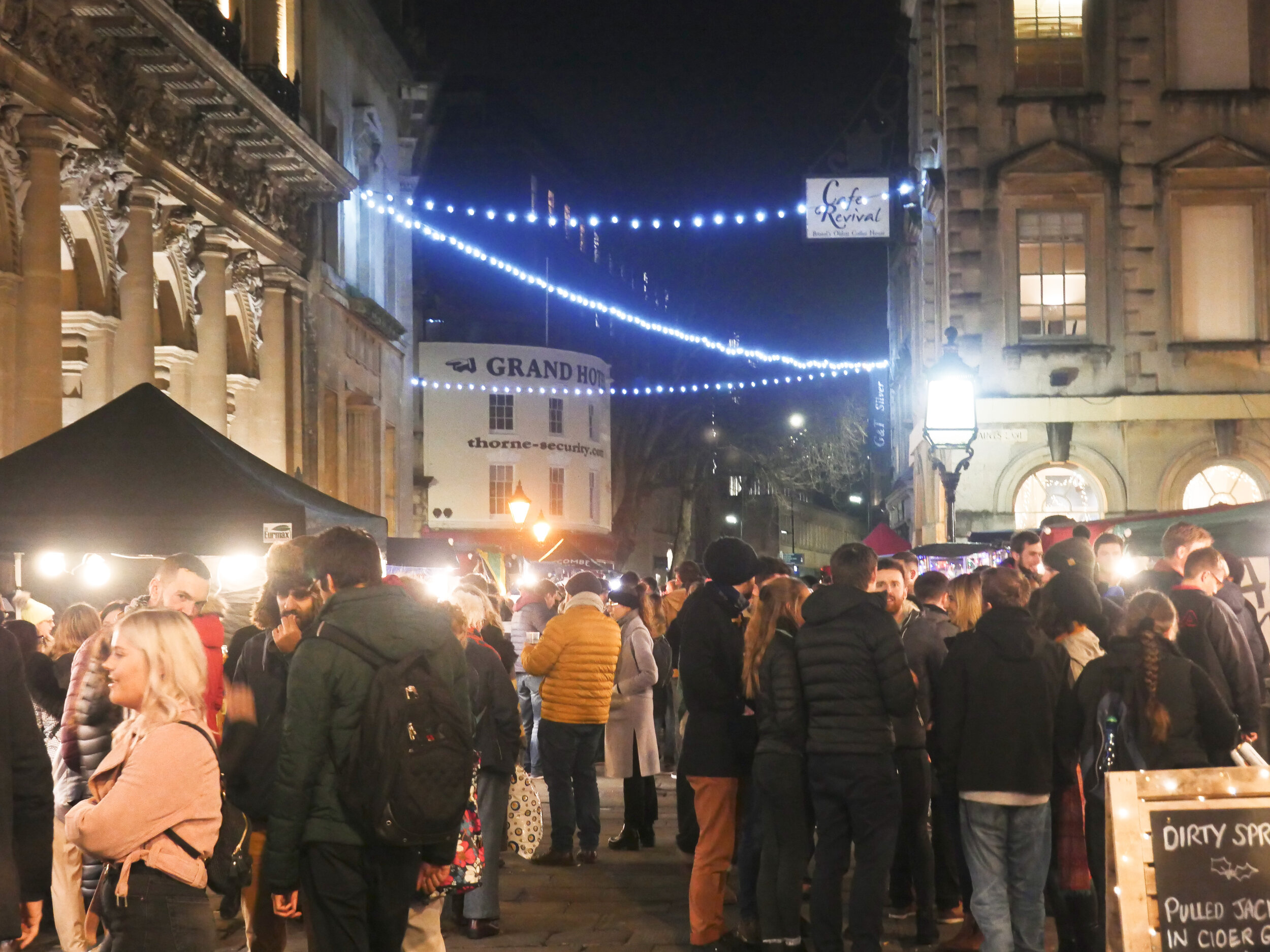
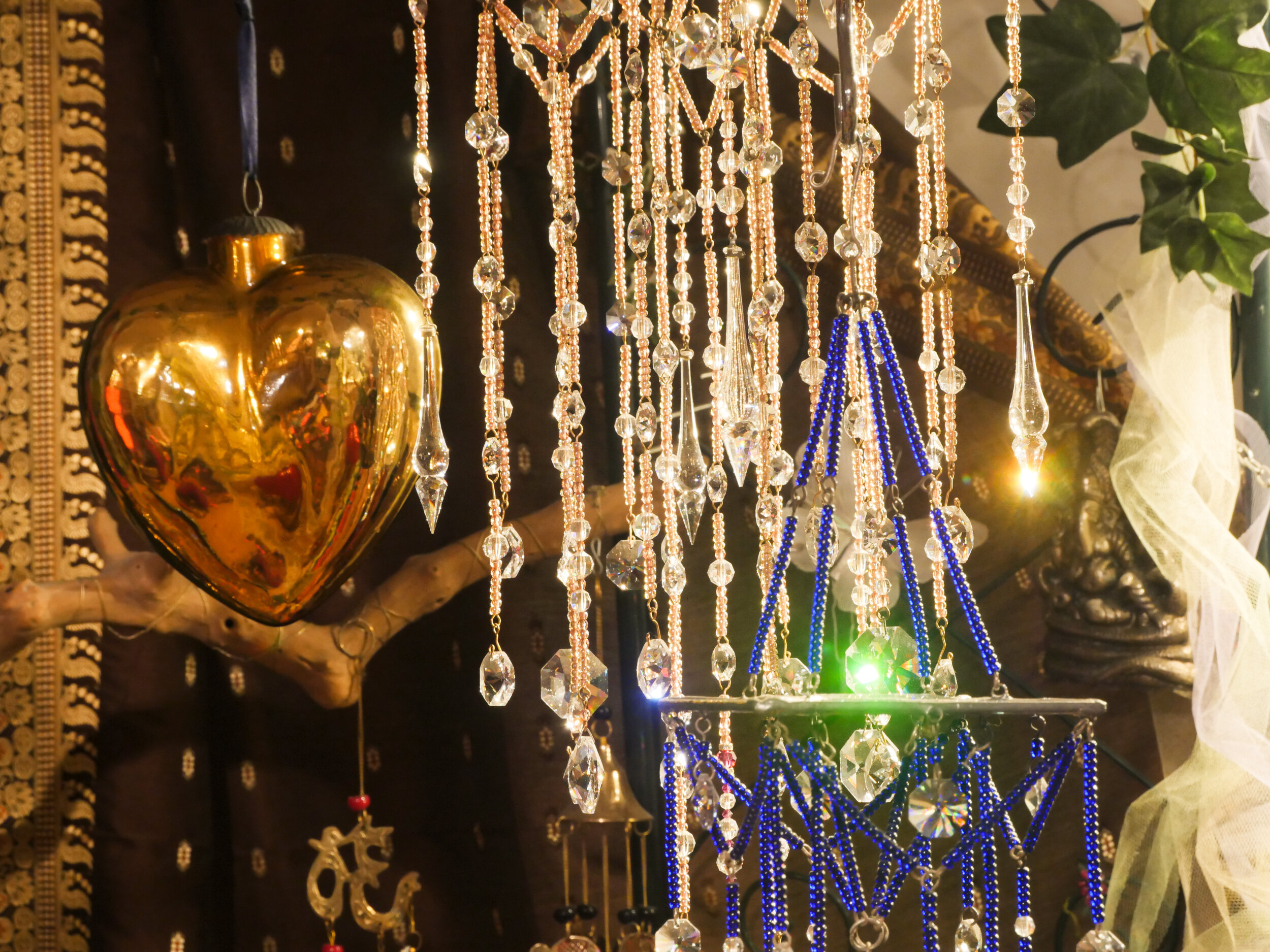
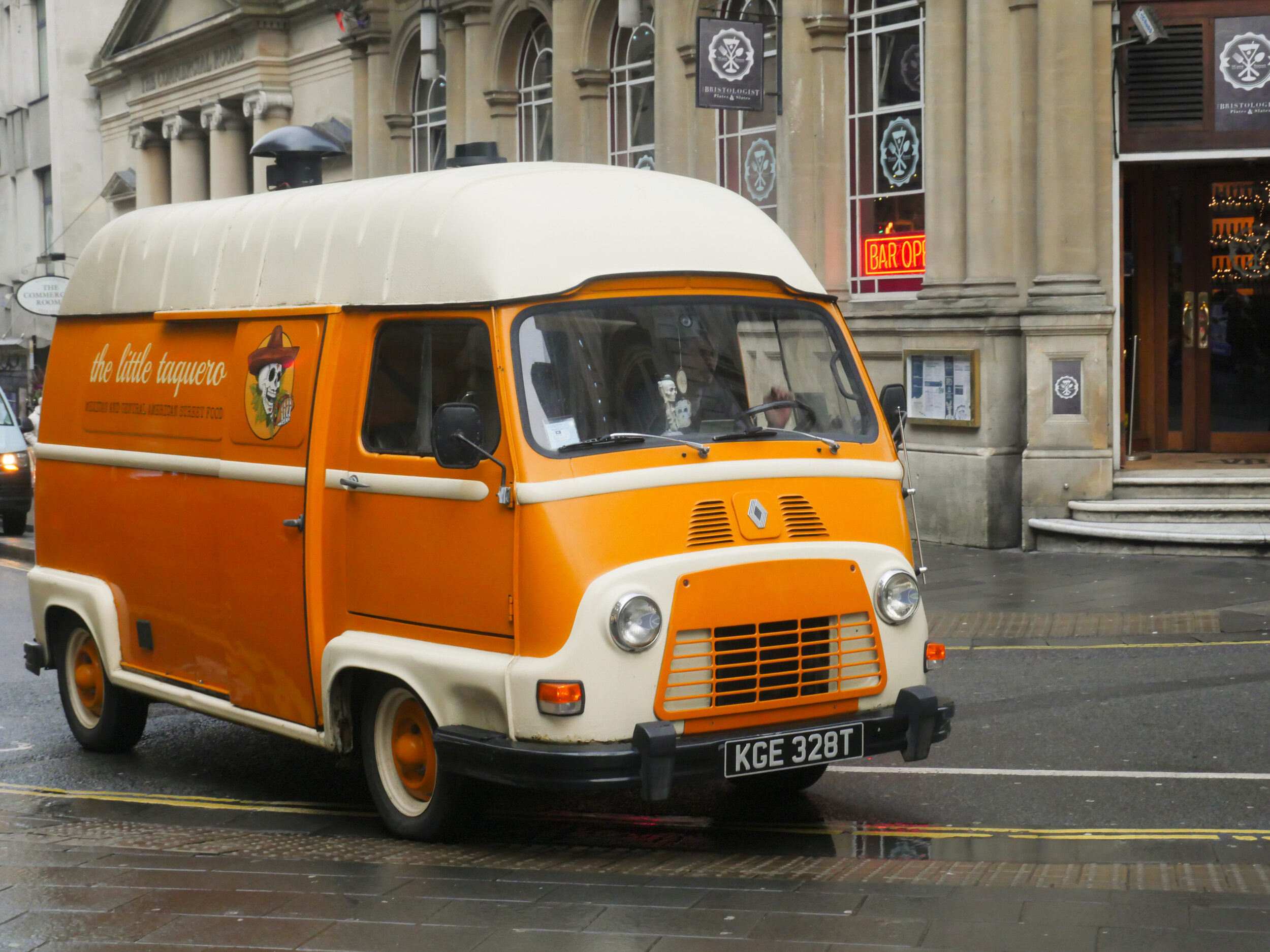
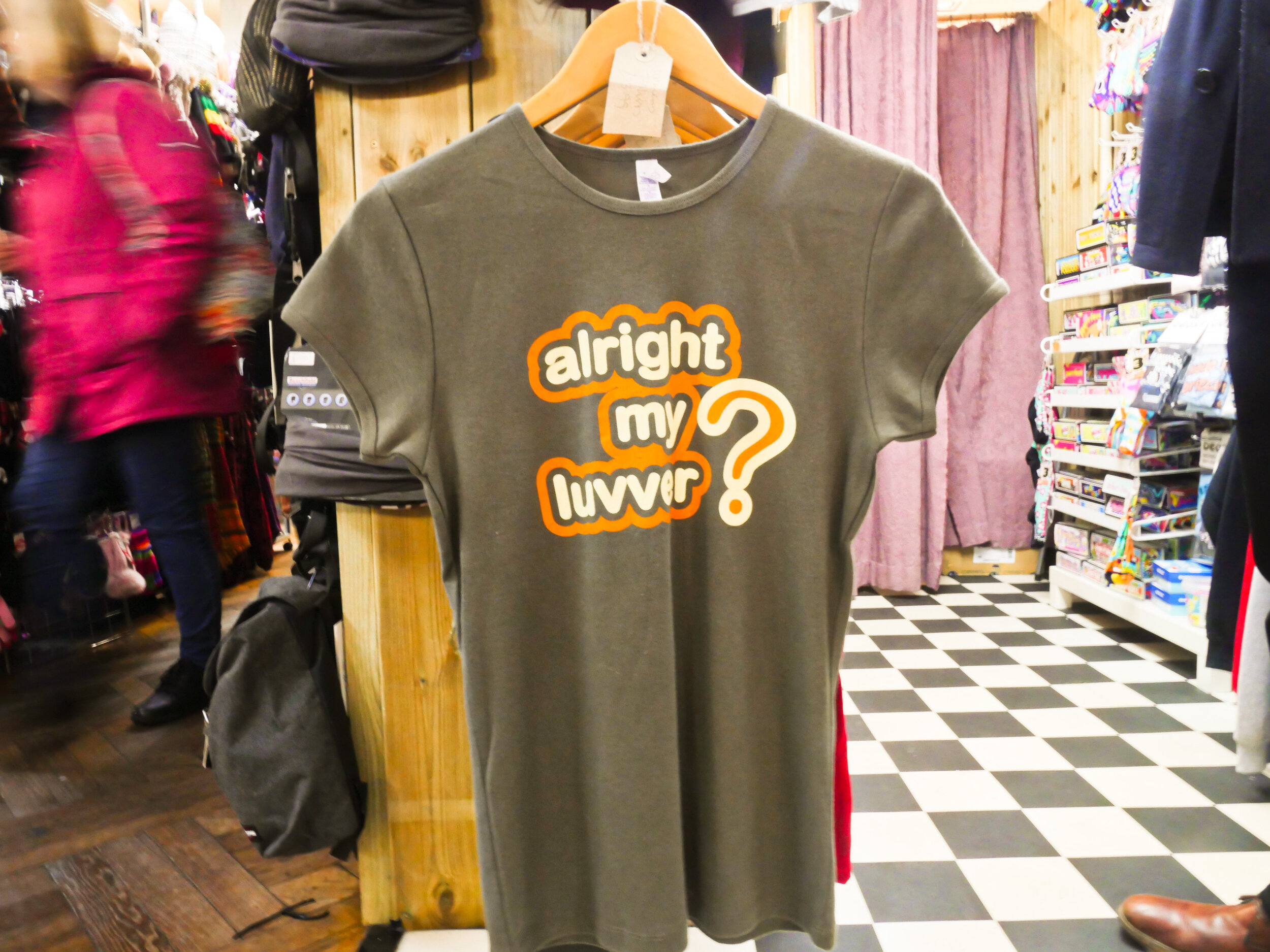
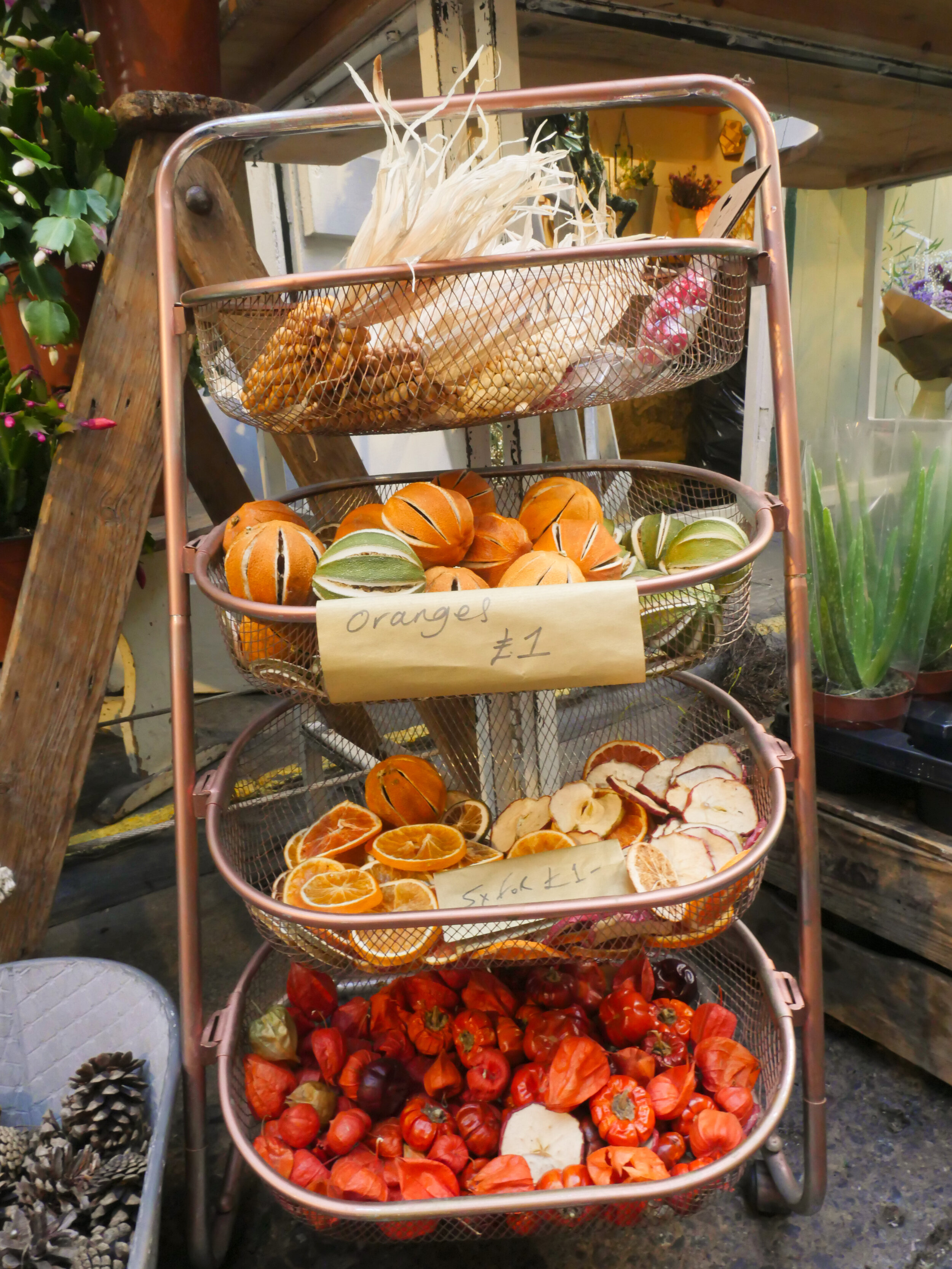

photographs by madeline lane
Opening hours:
St Nicholas Indoor market
Monday to Friday: 9.30am to 5pm
Saturday: 9.30am to 6pm
Sunday: 10am to 5pm
Christmas Eve: 9:30am to 3pm
Christmas Day and Boxing Day: Closed
Bristol Farmers' and Producers' market
Wednesday: 9.30am to 2.30pm
Street Food Market
Tuesday and Friday: 11am to 2.30pm
Bristol Indies' Market
(formerly the Nails Market)
Friday and Saturday: 9am to 5pm
Bristol Vegan and Wellbeing Market
Monday: 11am to 2.30pm
Christmas themed markets
17 November to 24 December: 10am to 5pm






